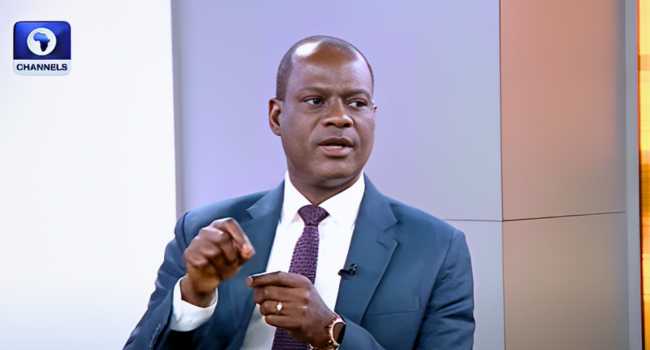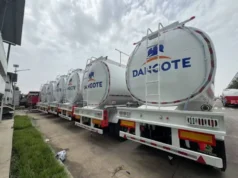By Abubakar Yunusa
Chairman of the Presidential Committee on Fiscal Policy and Tax Reforms, Taiwo Oyedele, has highlighted Nigeria’s ongoing revenue challenges, describing the nation as a “poor country with the potential to be wealthy.”
Oyedele emphasized the relatively small size of Nigeria’s budget compared to other countries and cities.
“By the way, the entire budget, that’s the Federal Government’s of about N29 trillion plus all the states in Nigeria about N15 trillion – if you add it all, it comes to about N44 trillion. That’s around $30 billion,” he said on Channels Television’s Politics Today.
“That $30 billion is even less than the budget of Kenya which is around $32 billion. It is barely a quarter of South Africa’s budget at $130 billion. And of course, it’s even less than the budget of New York City, not even just New York State. So, clearly, Nigeria is a poor country with the potential to be a wealthy country.”
Criticism of Over-Taxation
The Federal Government has faced criticism over perceived over-taxation, with recent protests in Kenya reigniting discussions among Nigerians. However, Oyedele dismissed the notion of introducing more taxes as a solution.
“So, we do believe based on the analysis we have done and the data available to us that the right way to go is not to introduce more taxes. And in fact, if you’re gonna raise the rates of any tax, it has to be something that we’re doing as a result of the consolidation and harmonisation,” he said.
Oyedele advocated for fewer, broader taxes that are easier to collect and less burdensome on the lower-income population.
“We do think that having fewer taxes that are broad-based, easy to collect, and do not place a burden on the bottom of the ladder of society is the way to go.
“And by using data, intelligence, and technology, we can close the tax gap so that people who have not been paying before begin to pay – who have been identified as people who should be paying – and the poor people should be legitimately exempted, particularly nano, micro businesses and low-income earners.
“And then we think that with all those, we can easily more than double our revenue within a period of two to three years.”




